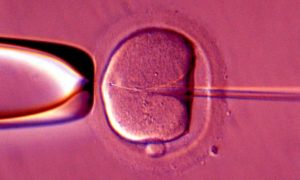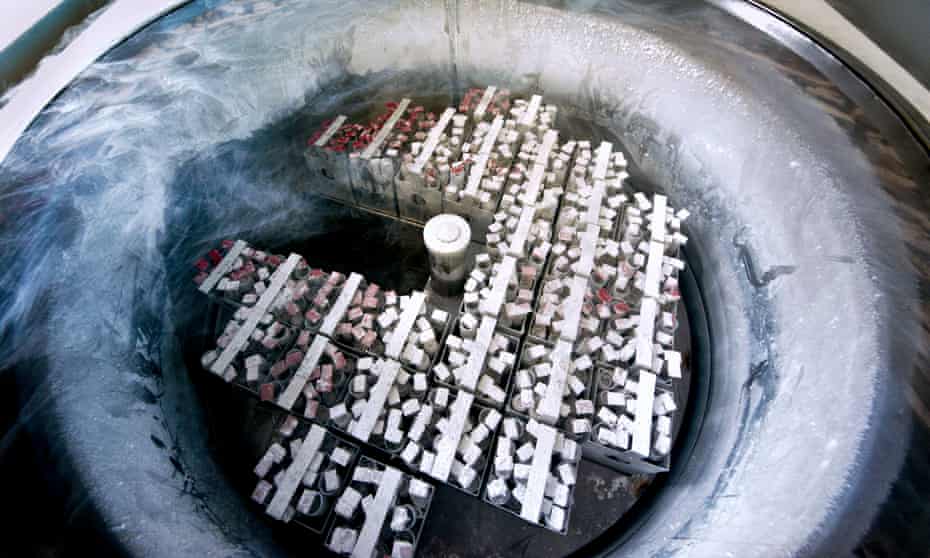For women intending to undergo IVF treatment using frozen eggs, the younger they are when they are frozen, the greater the chance of a successful pregnancy, according to a report by the UK’s independent fertility.
Most IVF Treatment Cycles use fresh eggs, but a very small number use eggs that have been frozen and thawed. It can, for example, be especially beneficial for cancer patients who decide to freeze their eggs before undergoing chemotherapy.
The report by the Human Fertilisation and Embryology Authority (HFEA) looked at data from UK fertility clinics from 2010 to 2016, and found that the key factor for successful pregnancies is the age at which women freeze their eggs.
If women freeze their eggs when they are younger than 35, the chances of a successful pregnancy after IVF become higher than the natural conception rate as they get older – but the current average age at which women have their eggs frozen is 38. Women’s age when the eggs are thawed has little impact.
In the report, the Human Fertilisation and Embryology Authority (HFEA) cautions against freezing eggs over the age of 40, since “the likelihood of a pregnancy from these eggs would be very slim”.

Culled from The Guardian

